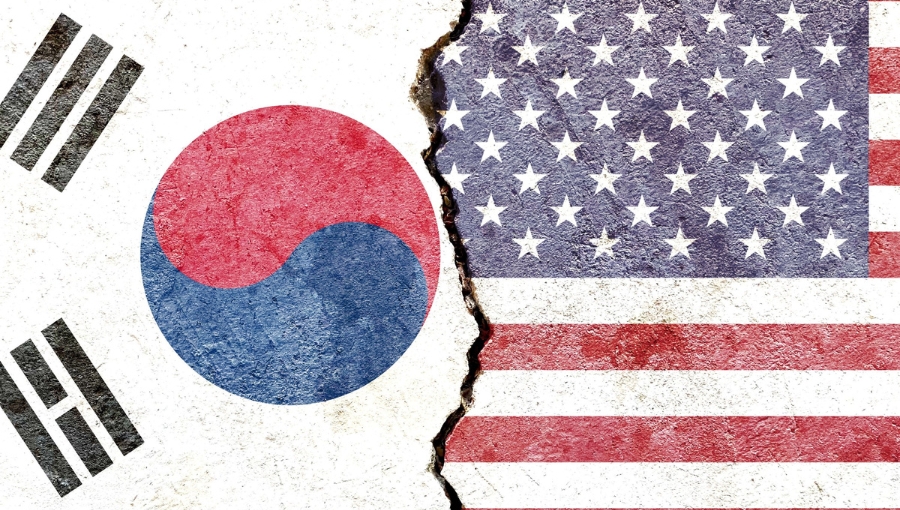Name
Marie H. Wood
Class
INTA/ECON 4740
About the Project
In 2007, the United States and the Republic of Korea agreed to negotiate the Korea-United States Free Trade Agreement, colloquially known as KORUS. Similar to other Free Trade Agreements, which set terms to decrease trade barriers between states, KORUS was controversial from its inception. A particular concern of American policymakers, corporations, and laborer unions was that KORUS would facilitate increased Korean imports and undermine the domestic automobile industry. This analysis identifies the specific expectations of US firms and workers during the negotiations and considers whether the data confirms these concerns. The analysis confirms some expectations but finds that other concerns were not borne out. Although Korean imports increased in the wake of KORUS, US automakers largely maintained their shares of the US markets and employment in the automobile industry increased, although the share of workers covered by collective bargaining agreements declined. The analysis thus highlights the potential advantages of trade liberalization for competitive industries while also raising questions about the necessity of simultaneously protecting labor rights.

